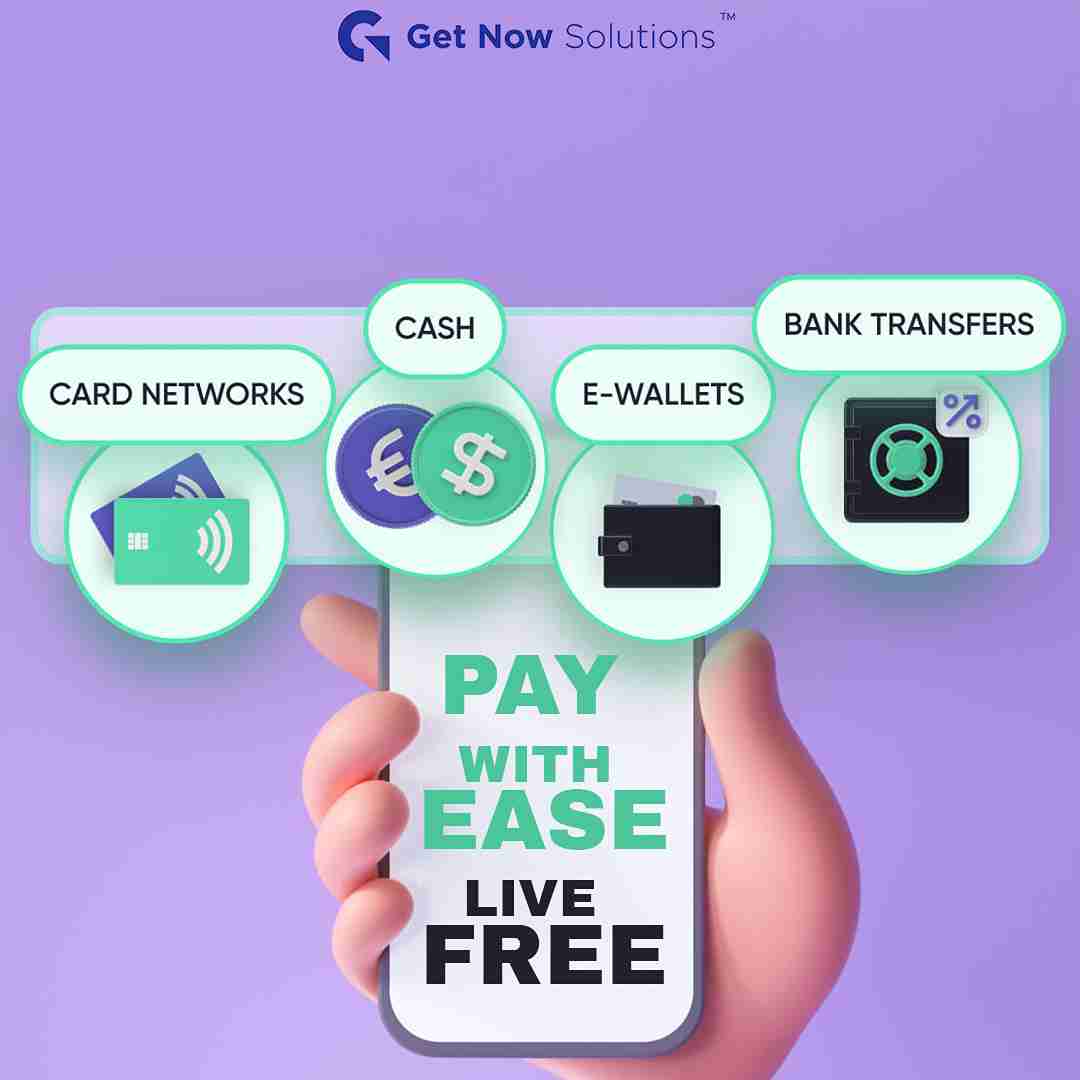
Online Payment Gateways
In today’s fast-paced, digital world, online payment gateways have become a vital part of e-commerce and online business. They allow businesses to securely process payments from customers through the internet. But what exactly is an online payment gateway, and why is it so important for businesses and consumers alike? Let’s dive in and explore this essential component of online transactions.
Understanding Online Payment Gateways
An online payment gateway is a software application that facilitates the secure transfer of payment data from the customer to the merchant.
Essentially, it acts as an intermediary between the customer’s bank (or payment card provider) and the business’s bank. Ensuring that sensitive information like credit card numbers and transaction details are encrypted and securely processed.
Think of it as a virtual equivalent of a point-of-sale (POS) terminal that you’d find in a physical store. The difference is, instead of swiping a card on a machine, the customer inputs their card details into a secure online form. Payment gateway takes care of the rest.
How Does an Online Payment Gateway Work?
The process might sound complex, but it typically happens in just a few seconds. Here’s a step-by-step breakdown:
- Customer Places an Order – The customer decides to buy something online and proceeds to the checkout page.
- Payment Information is Submitted – The customer enters their payment details, usually in the form of credit or debit card information.
- Encryption of Data – The payment gateway encrypts the transaction details to keep the data secure.
- Authorization Request – The gateway forwards the encrypted information to the acquiring bank (merchant’s bank) to seek payment approval.
- Approval/Denial – The customer’s bank or payment provider either approves or denies the transaction based on available funds or credit limits.
- Transaction Confirmation – If approved, the funds are transferred from the customer’s account to the merchant’s account, and both parties are notified of the successful transaction.
Key Features :
- Security – Payment gateways are designed with strong encryption methods like SSL (Secure Socket Layer) to ensure sensitive payment information remains confidential and protected from cyber threats.
- Multiple Payment Methods – Payment gateways support a variety of payment options, including credit/debit cards, digital wallets (like PayPal, Apple Pay), and sometimes even cryptocurrency.
- Fraud Detection – Many payment gateways include built-in fraud detection tools that identify suspicious activities and prevent unauthorized transactions.
Why Are Payment Gateways Important?
For businesses, an online payment gateway is essential because it enables them to accept payments in real time, boosting sales and expanding their customer base. The ease and security provided by a gateway can build trust with customers and reduce cart abandonment, as people are more likely to complete a purchase if they feel confident their data is protected.
From the customer’s perspective, payment gateways offer convenience. In just a few clicks, they can securely make purchases without the need to visit a physical store or even handle cash.
Challenges with Payment Gateways
While online payment gateways are generally safe and efficient, they do come with some challenges:
- Fees: Most gateways charge a processing fee for every transaction. This can add up, especially for smaller businesses or high-volume merchants.
- Technical Issues: Sometimes, a gateway may experience downtime or delays, causing a potential disruption in payment processing.
- Compliance: Businesses must comply with certain legal and regulatory requirements, like PCI-DSS (Payment Card Industry Data Security Standard), to use online payment gateways.
Conclusion
In an era where digital transactions dominate, an online payment gateway is a must-have for any business aiming to succeed in e-commerce. It provides a secure, efficient, and seamless way for ensuring that customers can easily purchase goods and services.












